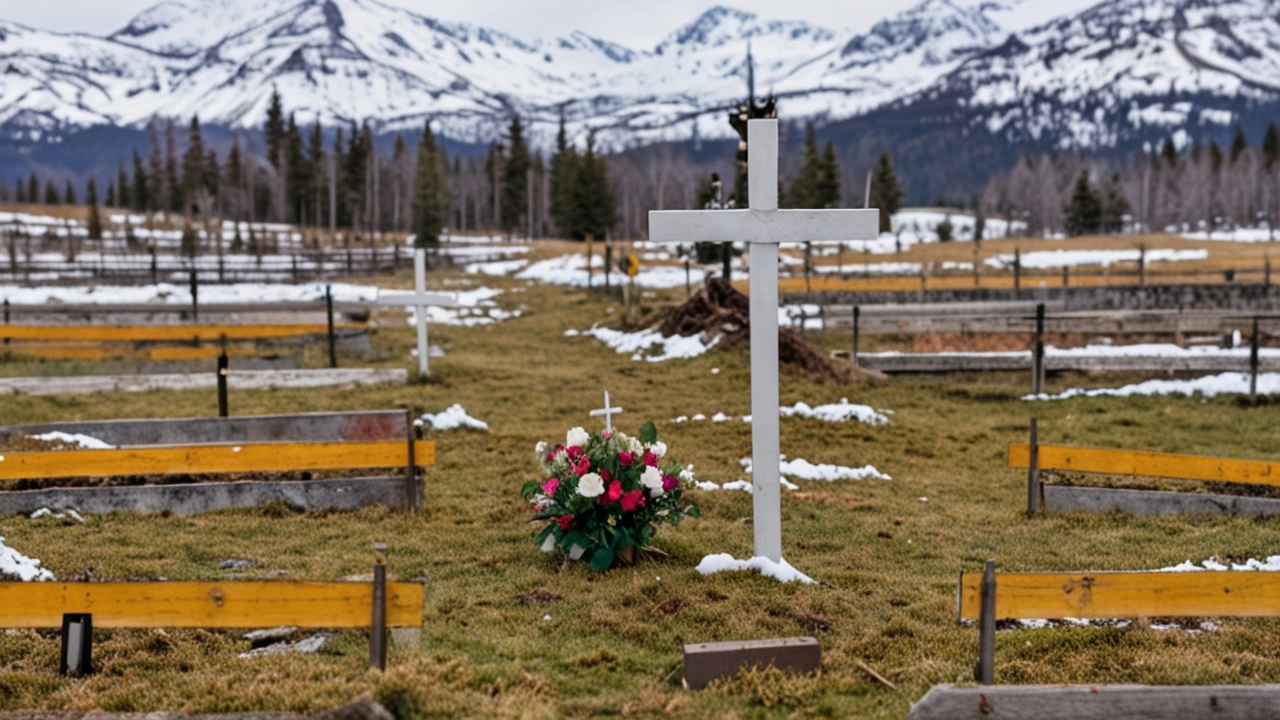Homicide — what this tag covers and how to stay safe
Seeing the word "homicide" on a health site can be jarring. Here we group articles that touch on violent deaths, toxicology, and how medicines or substances can factor into harm. You’ll find practical info: how forensic checks work, basic steps if you find a violent scene, and simple ways to reduce risks tied to medications.
If you discover a violent incident
If you come across someone seriously hurt or a suspicious death, your first move matters. Call emergency services right away (in Canada dial 911). If someone is breathing and needs help, do what you can without putting yourself at risk. Don’t move a body or disturb items at the scene — that preserves evidence for police and coroner teams.
Write down what you saw while it’s fresh: time, location, visible injuries, any people or vehicles you noticed. Share that with police when they arrive. If you handled anything, tell investigators — that matters for evidence chains. If you’re a family member, ask police about victim services and coroners; they can explain next steps and supports.
Medication safety to reduce risks
Medications rarely cause violence by themselves, but misuse, mixing drugs, or getting the wrong drug can lead to harm. Keep prescriptions locked up, follow the dose, and never share prescription meds. When a drug is no longer needed, return it to a pharmacy take-back program or follow local safe-disposal rules.
Watch for warning signs someone may be misusing substances: big changes in mood, sleep, hygiene, money problems, or secretive behavior. If you’re worried about someone, talk to them calmly and suggest they see a doctor. If you believe a person is a danger to themselves or others, get help immediately.
How forensic toxicology fits in: when a death is unexplained, coroners often order toxicology tests. These tests check for alcohol, prescription drugs, recreational drugs, and some poisons. Test results help determine if substances played a role, but they don’t tell the whole story. Investigators combine toxicology with scene details, medical history, and witness reports.
If you need support after a violent event, use local resources. In Canada, police can connect you to victim services. Hospitals and community health centers offer trauma and mental health help. If you’re outside Canada, ask local emergency services for similar referrals.
On this tag page you’ll find articles that explain drug safety, drug shortages that can affect care, and clinical notes where toxicology or violence are relevant. If a post raises legal or medical questions, talk to a professional — a doctor for health issues, and a lawyer or police for legal matters.
Want to learn more? Browse the linked posts in this tag to read practical guides, safety tips, and clear explanations about how drugs and violent incidents can overlap. If something urgent is happening now, stop reading and call emergency services.

King Cove Couple's Deaths Confirmed as Homicides, Investigation Continues
The deaths of a King Cove couple have been officially ruled as homicides following an extensive investigation. The death certificate of James Gould confirms these findings, highlighting a significant development in the case. Authorities continue to delve deeper into the circumstances surrounding the couple's untimely deaths.
Read more